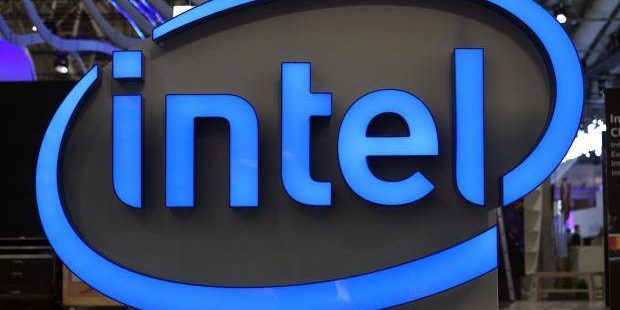On 6 September 2017 the Court of Justice of the EU (CJEU) delivered its judgement in Intel Corporation Inc. v European Commission (Case C-413/14 P). The judgement cancelled the 2009 General Court’s (GC) judgement supporting the European Commission’s (EC) finding of abuse of dominance by Intel and imposing a record EUR 1,06 billion fine. Now the case is referred back to the GC, who is to conduct the new assessment of the evidence and effects of the rebates system provided by Intel. The main message of the CJEU’s judgement is that the anticompetitive effect of the loyalty rebates should not be presumed where the undertaking in question argues that its conduct is not capable of restricting competition in the market.
CJEU’s position The CJEU did not overrule the EC’s decision by its judgement. It addressed three out of six grounds of appeal and referred case back to the GC. It is now for the GC to decide on whether to annul or uphold it (again) depending on the new assessment of the evidence and effects of the case at hand that the GC is now ordered to perform.
The CJEU has ruled on the important issues, such as:
• EC’s procedural obligations/Intel’s right of defence. The CJEU criticized the EC for material procedural mistake affecting Intel’s right of defence, including for failing to record adequately and take into account the evidence ( a 5 hour interview with Intel’s customer) that had been given by a third party.
• EC’s territorial jurisdiction. The CJEU emphasized on the extraterritoriality of the EU competition law, i.e. that activity of an undertaking outside the EU may infringe EU competition law by its effect that is foreseeably “immediate and substantial”. Behaviours which, while not implemented within the EU, but which have or likely to have an impact on the EU market serve as a basis for the EC’s jurisdiction in such cases.
• Assessment test to be applied. The CJEU reminded that an undertaking suspected of having infringed Article 102 TFEU could argue that its behaviour was not capable of restricting competition. In case such an objection is expressed, the EC is required to examine (i) the extent of the dominant position, (ii) the market coverage of the rebates at issue, (iii) the conditions, the duration and the amount of those rebates, and also (iv) the exclusionary effect of such behaviours on competitors who are at least as efficient as the dominant undertaking (“as efficient competitor test”/”AEC test”)). Such an analysis may reveal that the exclusionary effect of the behaviours at issue could be counterbalanced by advantages in terms of efficiency, which can benefit the consumer.
Background
The Intel case started with a complaint before the EC brought by the Advanced Micro Devices (AMD) against Intel back in 2000. Following the investigation, the EC found that Intel indeed infringed Article 102 of the TFEU, i.e. abused its dominant position, in particular by granting (i) rebates on condition that OEMs would purchase from it all or almost all of their x86 central processing units (CPU) for use in their computers, and (ii) payments to the largest desktop computer distributor in the EU, Media-Saturn-Holding, on condition that it would be selling exclusively computers containing Intel’s x86 CPUs. On top of that, according to the EC, Intel also (iii) provided payments to the OEM’s for the postponement or cancellation of the launch of AMD CPU-based products or put restrictions on their distribution. The gravity of the infringements which affected the ability of Intel’s competitors to compete justified the record fine EUR 1,06 billion fine imposed by the EC. Intel unsuccessfully tried to cancel the EC’s decision before the GC in 2014.
Concluding remarks
The CJEU has provided Intel with a second chance to have its case reviewed/reassessed, particularly focusing on the AEC test. The GC did not address Intel’s objections towards that test and have consequently failed to take into account Intel’s arguments alleging errors committed by the EC in the framework of that test.
The CJEU’s judgment confirms the statement that the anticompetitive effect of the loyalty rebates should not be presumed where the undertaking in question argues that its conduct is not capable of restricting competition in the market. In such situations all the circumstances of the case must be analyzed in order to correctly determine whether competition rules have been infringed.
Additionally, this judgement is a reminder that the competition law has extraterritorial effect, as well as that competition authorities (not only the EC) must pay due care to the procedural formalities and right of defence of the undertaking(s) under investigation, e.g. to record all evidence, including interviews and meetings.
Hanna Stakheyeva








